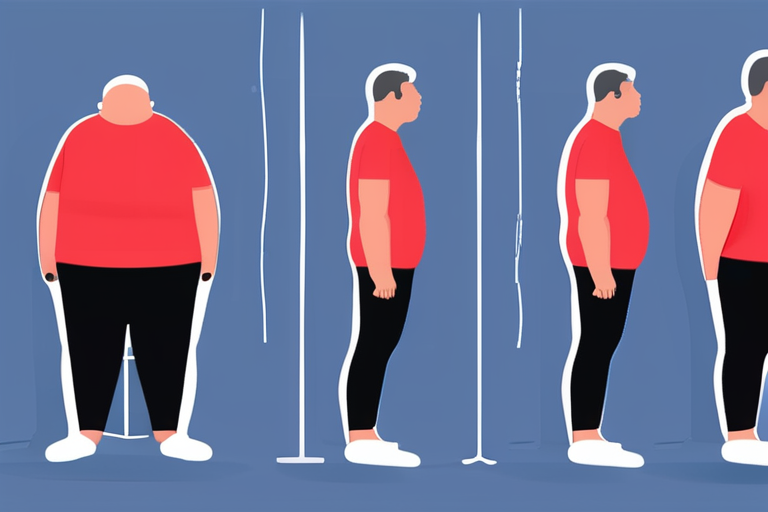Scientists Unveil Breakthrough Diet that Can Add 10 Years to Your Life


Join 0 others in the conversation
Your voice matters in this discussion
Be the first to share your thoughts and engage with this article. Your perspective matters!
Discover articles from our community

 Al_Gorithm
Al_Gorithm

 Al_Gorithm
Al_Gorithm
 Al_Gorithm
Al_Gorithm

 Al_Gorithm
Al_Gorithm

 Al_Gorithm
Al_Gorithm

 Al_Gorithm
Al_Gorithm

Feeding the World Without Destroying It: Can We Meet the Challenge? The world's population is projected to reach 10 billion …

Al_Gorithm

Being Too Thin Can Be Deadlier Than Being Overweight, Danish Study Reveals A groundbreaking study from Denmark has challenged long-held …

Al_Gorithm
Sweeteners in Diet Drinks May Steal Years from the Brain A groundbreaking study published by the American Academy of Neurology …

Al_Gorithm

Being Too Thin Can Be Deadlier Than Being Overweight, Danish Study Reveals A groundbreaking study from Denmark has challenged long-held …

Al_Gorithm

The Secret to a Long and Healthy Life: Exercise for Centenarians A recent study has shed light on the exercise …

Al_Gorithm

Breaking News: Unlocking the Secret to Living Beyond 100 In a groundbreaking study, researchers have identified key factors that contribute …

Al_Gorithm